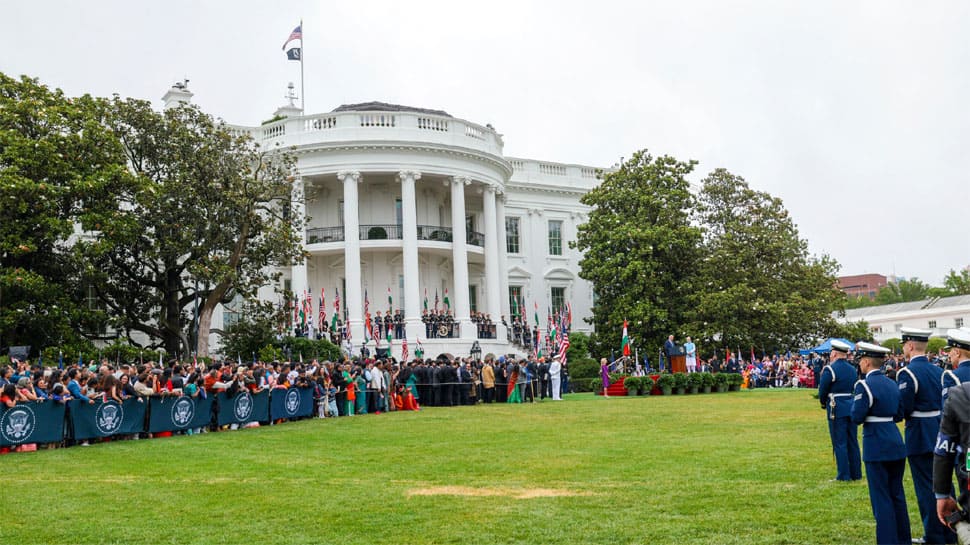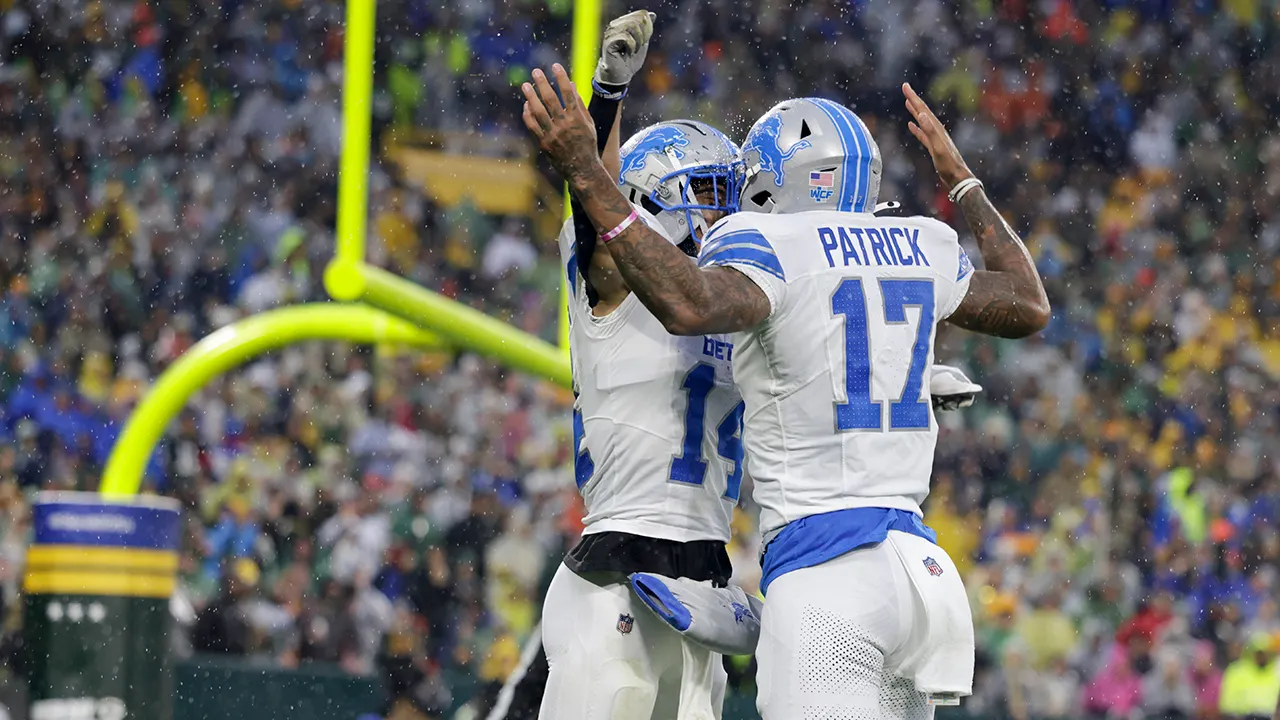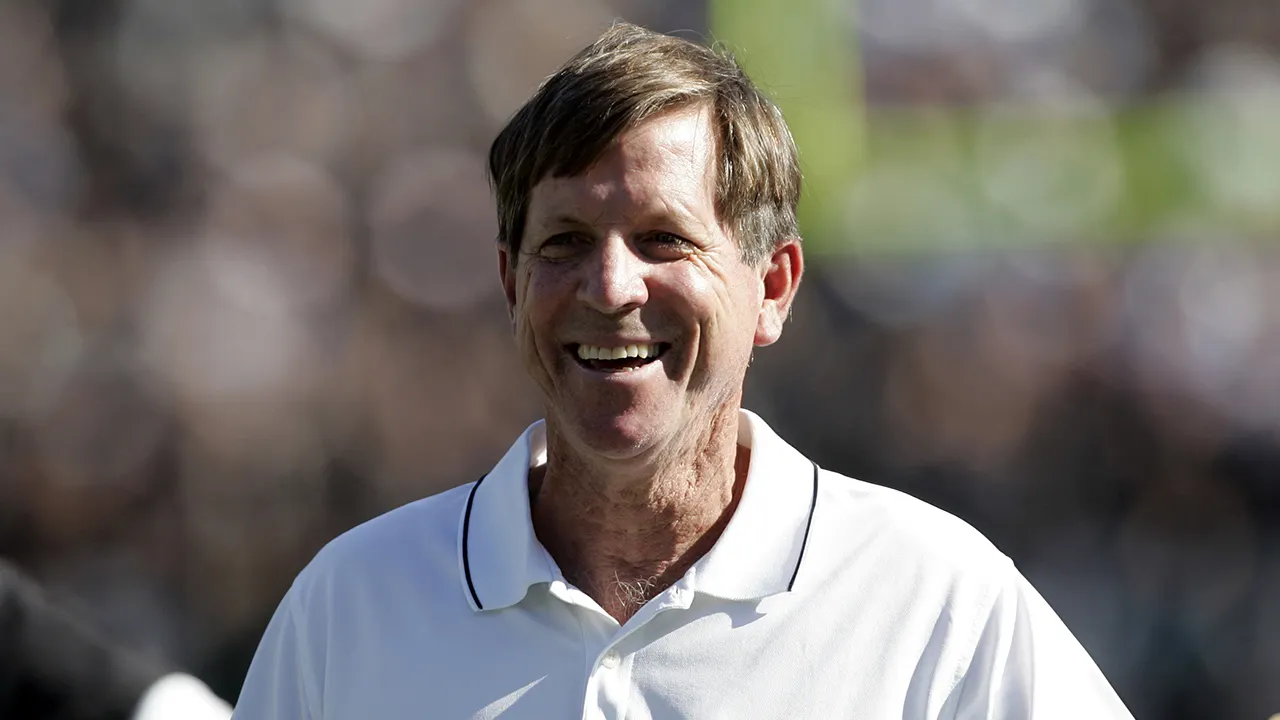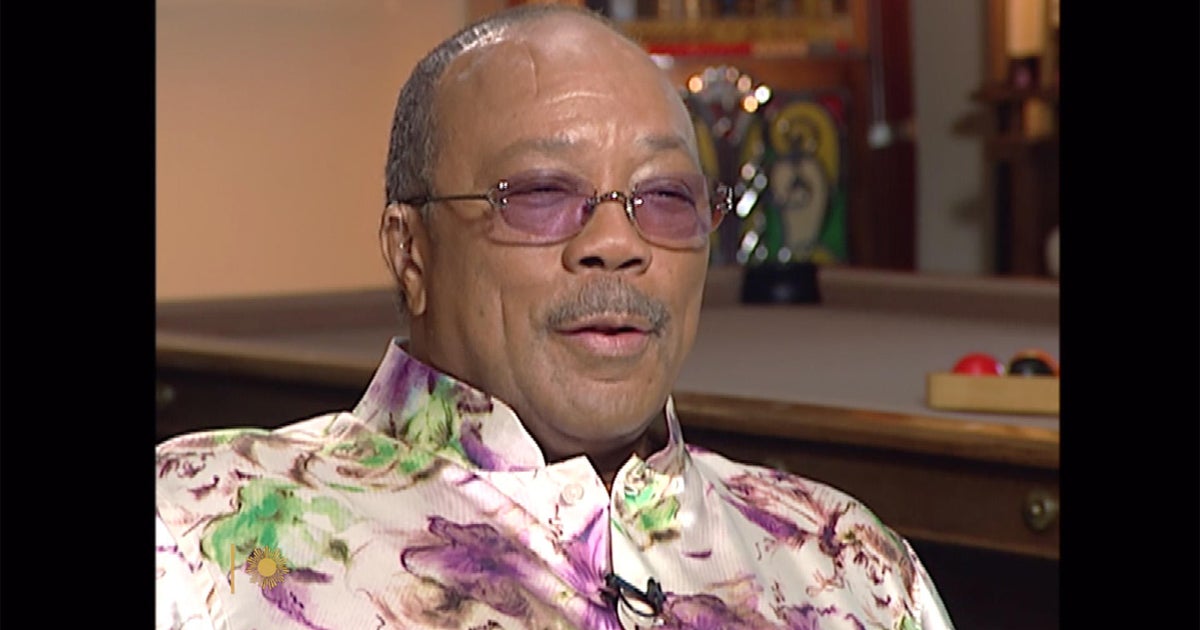Though he enjoyed moderate success as a player on the European and PGA tours, Feherty became a sensation as a golf analyst, bringing energy and irreverence to an often staid viewing experience just when Tiger Woods began emerging as a pop-culture hero. Feherty is one of those people who is so charismatic that people dream up zany ideas for him: He hosted a non-golf talk show for the Golf Channel, starred in a sitcom pilot (that never aired) and was briefly in the running to take over for Andy Rooney on “60 Minutes.” He also, perhaps not surprisingly, does stand-up comedy.
There’s a deep sadness behind Feherty’s humor, however, and he’s brutally honest about his self-perceived shortcomings. “There’s a part of every day when I’m sad,” he tells Feinstein. “I know it isn’t something where I can just take a pill and start to feel better.” He talks about his abuse of alcohol, relapses and unsuccessful stints in rehab; his conversations with his therapist and daily regimen of psychiatric medications; the grief he carries because of the drug-related death of his son; his worries that he’s a failure as a father and a husband. He grew up in a relatively apolitical Protestant family during the Troubles and spent a time as an assistant pro at an all-Catholic country club, and it’s unsurprising that one of the book’s implicit themes is Feherty’s desire for everyone to get along.
And everyone gets along with David Feherty, from current faces of the PGA Tour like Rory McIlroy, who grew up about five miles away from Feherty’s hometown, to former president Bill Clinton, who was a guest on Feherty’s Golf Channel show. The one person he doesn’t seem to get along with is his first wife, Caroline, with whom he had what we’d today call a toxic relationship. “Some of the things he says about Caroline are right on the line between funny and mean,” Feinstein delicately puts it when describing some of his subject’s stand-up material.
Much of the book’s final two chapters is devoted to LIV Golf, the Saudi-funded breakaway league that, on Tuesday, after much contention, merged with the PGA Tour. Feherty jumped ship early, moving from NBC’s PGA broadcast team in the summer of 2022 to do analysis for LIV. Golf fans have spent the past year watching one well-known golfer after another defect, lured by LIV Commissioner Greg Norman’s offer of guaranteed money and a lighter playing schedule — never mind Saudi Arabia’s well-known human rights abuses.
“Greg’s been able to recruit some very good players and there’s no doubt that the PGA Tour has noticed,” Feherty tells Feinstein. “I hope at some point something will be worked out so the best guys can play against the best guys.” His comment was prescient, and the merger gives this book new relevance as golf fans consider the moral compromises that have been made along the way to the deal.
Feinstein — a columnist for The Washington Post whose many books include “Moment of Glory: The Year Underdogs Ruled Golf” (2010), “Tales From Q School: Inside Golf’s Fifth Major” (2007) and “A Good Walk Spoiled” (1995) — is open about his friendship with Feherty, and there are occasions when he lets his subject off easy, repeats anecdotes or seems unsure of how to handle his more controversial public comments.
“Sometimes in life, mea culpa is enough. Especially if you’re David Feherty,” he writes, marveling at how his subject emerged unscathed after joking in an article in a Dallas magazine about Rep. Nancy Pelosi and Sen. Harry M. Reid being killed by American troops.
To his credit, Feinstein places the LIV Golf imbroglio in context, holding the necessary parties’ feet — including Feherty’s — to the fire while remaining clear-eyed about the complexities of the situation. Feherty, perhaps understandably, wants to have it both ways. He openly admits that money was a motivating factor in his decision and tells Feinstein that he went out of his way to talk with a group of protesters before a LIV tournament. “I think I came away understanding their point of view,” he tells the author. It’s a telling comment: After all, Feherty loves playing to the crowd.
Drew Millard, a writer based in Philadelphia, is the author of “How Golf Can Save Your Life.”
The Remarkably Funny and Tragic Journey of Golf’s David Feherty
A note to our readers
We are a participant in the Amazon Services LLC Associates Program,
an affiliate advertising program designed to provide a means for us to earn fees by linking
to Amazon.com and affiliated sites.















































